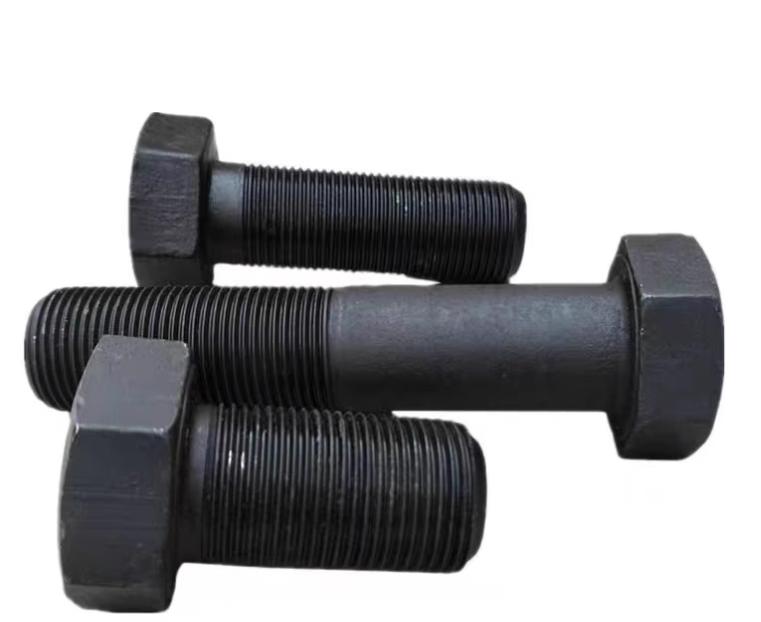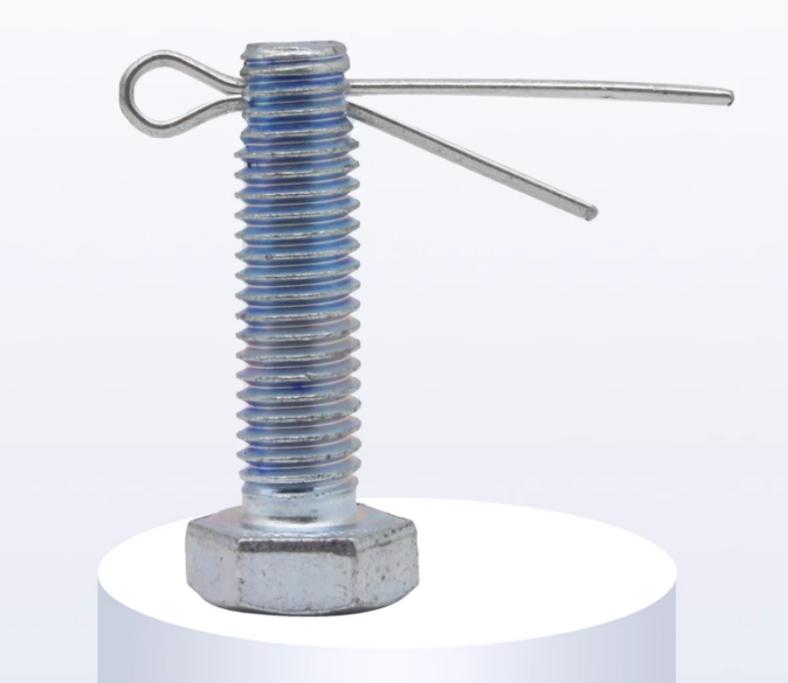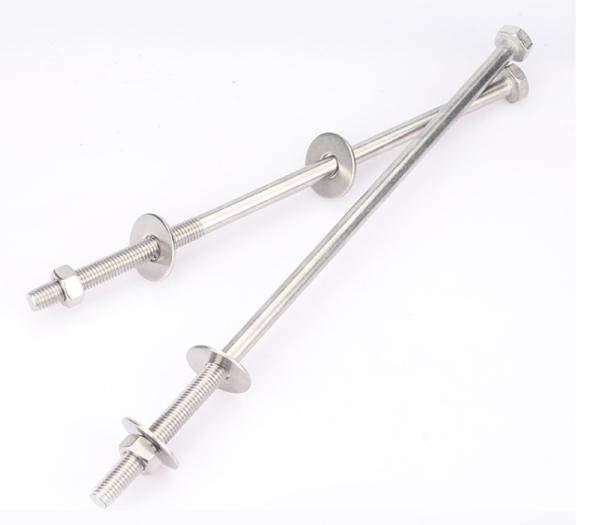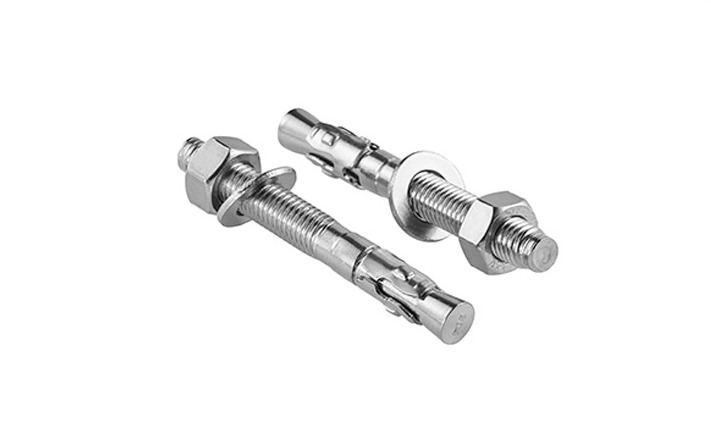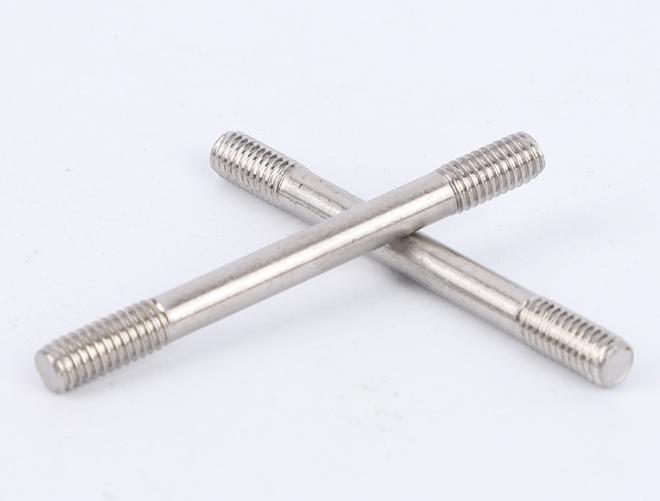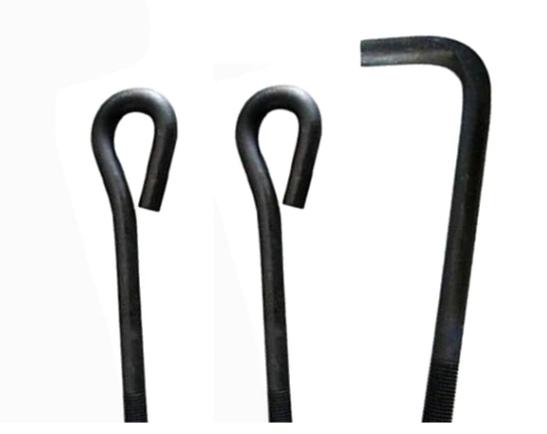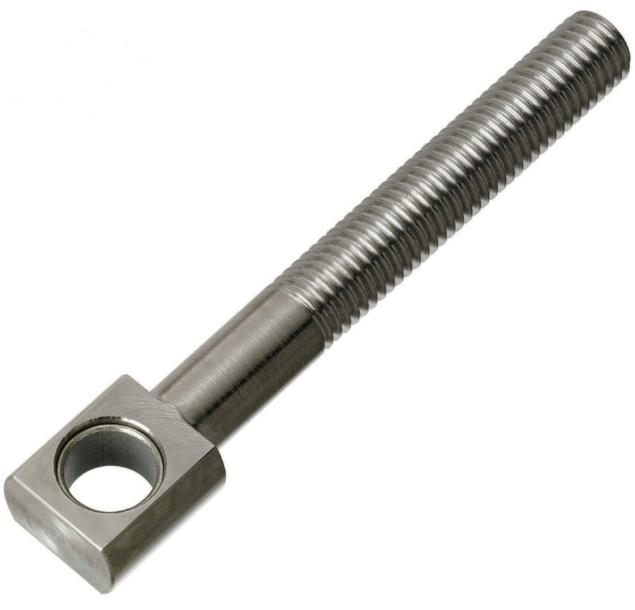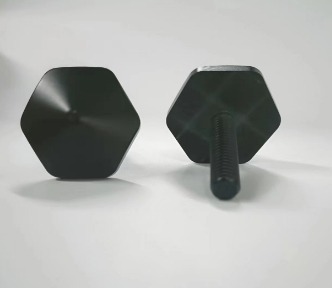A Best Guide to Know Stainless Steel Bolt Grades
Stainless steel bolts are essential components that hold structures, machinery, and equipment together in a variety of sectors. These bolts’ exceptional durability and corrosion resistance are due to the unique alloying components and stainless steel grades utilized in their construction. Understanding stainless steel bolt grades is critical for selecting the proper fasteners for various applications. This article goes into the world of stainless steel bolt grades with their properties, their applications, and the factors that determine the choosing what bolts.

The Basics of Stainless Steel Bolt Grades
Stainless steel bolts feature corrosion and resistance, making them suited for conditions where conventional carbon steel bolts would fail. The alloy composition, mechanical qualities, and intended applications are used to grade stainless steel bolts. The two most common stainless steel grades used for bolts are the austenitic 18-8 and 316 series.

Austenitic 18-8 Stainless Steel Bolt Grades
The austenitic 18-8 series, which is predominantly made of Type 304 and Type 316 stainless steel, is one of the most extensively used stainless steel bolt grades. These grades are well-known for their outstanding corrosion resistance, adaptability, and mechanical qualities, making them important in industries ranging from construction to marine engineering.
Composition and Characteristics
The “18-8” designation for these stainless steel grades refers to their typical composition:
- 18% Chromium (Cr): Chromium is the ingredient that gives stainless steel its corrosion resistance. On the surface, it generates a passive oxide layer that prevents further oxidation and corrosion.
- 8% Nickel (Ni): Nickel improves the alloy’s corrosion resistance and contributes to its ductility and toughness.
- Iron (Fe): Iron, the primary metal of stainless steel, gives structural strength and stability.
Type 304 Stainless Steel Bolts
Type 304 is one of the most widely used stainless steel grades in the world. Because of its characteristics, it is suited for a wide range of applications.
- Corrosion Resistance: In mild settings, Type 304 has considerable corrosion resistance. It is resistant to climatic conditions, freshwater, and a wide range of chemicals.
- Temperature Stability: Its mechanical qualities are retained at moderate temperatures, making it appropriate for a wide range of applications where temperature variations are not excessive.
- Versatility: Because of its well-rounded features, type 304 stainless steel bolts are used in industries such as construction, architecture, food processing, and general engineering.
- Cost-Effective: When compared to other stainless steel grades, Type 304 is frequently less expensive yet provides significant corrosion resistance.

Type 316 Stainless Steel Bolts
Type 316 stainless steel takes the 18-8 composition a step further by adding molybdenum (Mo):
- Enhanced Corrosion Resistance: Molybdenum addition provides better corrosion resistance, especially in chloride-rich settings such as coastal and marine applications.
- Chloride Pitting Resistance: Type 316 is very resistant to pitting and crevice corrosion, which can occur in severe environments.
- Chemical and Petrochemical Industries: Type 316 is suitable for chemical processing and petrochemical applications due to its ability to withstand harsh chemicals.
- Marine Engineering: Because of its resistance to seawater corrosion, Type 316 is an excellent choice for offshore and marine constructions.
- Medical Devices: Its biocompatibility and corrosion resistance make it ideal for medical equipment and implanted devices.
Choosing the Right Grade
Choosing the right austenitic 18-8 stainless steel bolt grade depends on the specific requirements of your application.
Type 304: Type 304 is a solid choice for corrosion resistance in relatively mild conditions. It is adaptable and cost-effective in a variety of sectors.
Type 316: Type 316’s higher corrosion resistance makes it the preferable alternative in situations with seawater, chemicals, or extreme conditions.

Specialized Stainless Steel Bolt Grades
Apart from the 18-8 and 316 series, there are specialized stainless steel bolt grades designed for specific uses. These specialist grades are engineered with unique qualities to perform well in specific settings and industries.
1. Duplex Stainless Steel Bolt Grades
Duplex stainless steel has a distinct combination of austenitic and ferritic stainless steel properties. As a result of this balance of corrosion resistance and strength, duplex stainless steel fasteners are appropriate for use in harsh environments.
- Corrosion Resistance: Duplex stainless steel is appropriate for offshore and marine applications due to its strong resistance to chloride-induced stress corrosion cracking and pitting corrosion.
- Strength: When compared to austenitic stainless steels, duplex grades have better tensile and yield strengths, allowing for consistent performance under severe loads.
- Chemical and Petrochemical Industries: Due to its resistance to corrosive substances and high-pressure situations, duplex stainless steel bolts are employed in severe chemical environments as well as the oil and gas industry.
2. Super Duplex Stainless Steel Bolt Grades
Super duplex stainless steel grades improve on the qualities of duplex stainless steel by providing even greater corrosion resistance and strength. They are frequently used in severely hostile conditions.
- Severe Corrosion Resistance: Super duplex stainless steel performs well in corrosive situations comprising sulfuric acid, chloride, and hydrogen sulfide.
- Saltwater Environments: The excellent corrosion resistance of super duplex grades benefits offshore constructions, marine vessels, and subsea equipment.
- Chemical Processing: Super duplex stainless steel bolts are utilized in chemical and petrochemical processing plants where harsh chemicals are constantly present.
3. A4 Stainless Steel Bolt Grade
A4 stainless steel is a type of stainless steel that has somewhat different qualities than Type 316 stainless steel, making it suited for specific applications.
- Marine Environments: Because of their superior corrosion resistance, A4 stainless steel nuts are commonly utilized in marine and coastal applications.
- Architectural and Design Elements: A4 stainless steel bolts provide a blend of functionality and visual appeal in architectural designs where both aesthetics and corrosion resistance are important.
4. A2-70 and A2-80 Stainless Steel Bolt Grades
These bolt grades are from the A2 series, and their designations (A2-70 and A2-80) indicate their mechanical qualities.
- Tensile Strength: A2-70 stainless steel bolts have a minimum tensile strength of 700 N/mm², while A2-80 bolts have a minimum tensile strength of 800 N/mm².
- Applications: These specialized bolt grades are frequently utilized in construction and engineering when specified strength requirements must be satisfied while corrosion resistance is maintained.

Summary
Stainless steel bolt grades are the unsung heroes that keep industries moving forward by providing secure and reliable fastening solutions. The choice of grade hinges on the specific demands of an application, encompassing factors like corrosion resistance, mechanical properties, temperature stability, and more. Understanding these nuances is essential to ensure that stainless steel bolts perform optimally, contributing to the integrity, safety, and longevity of diverse structures and equipment. Whether it’s a towering skyscraper or intricate machinery, stainless steel bolt grades play a vital role in holding it all together.

